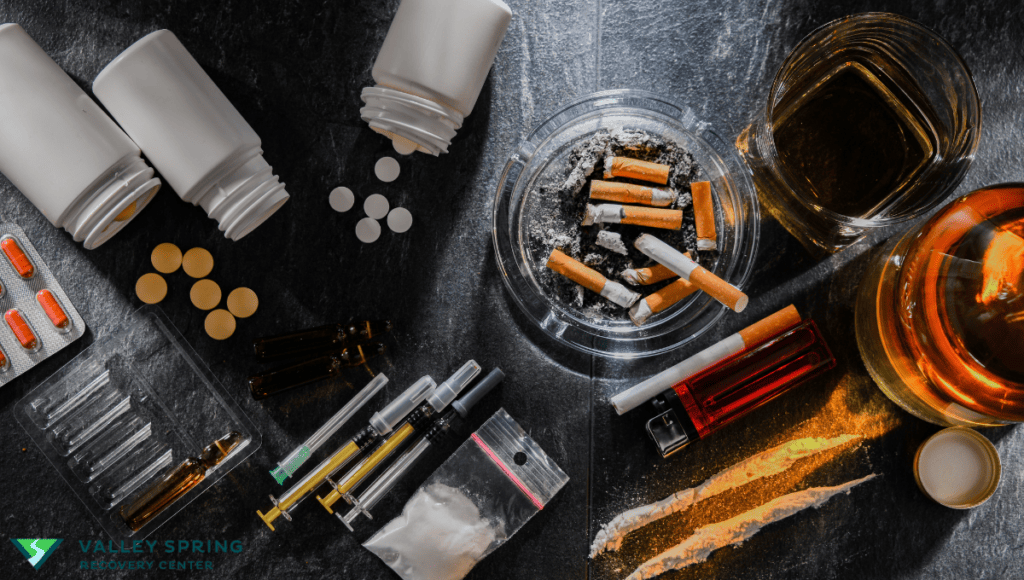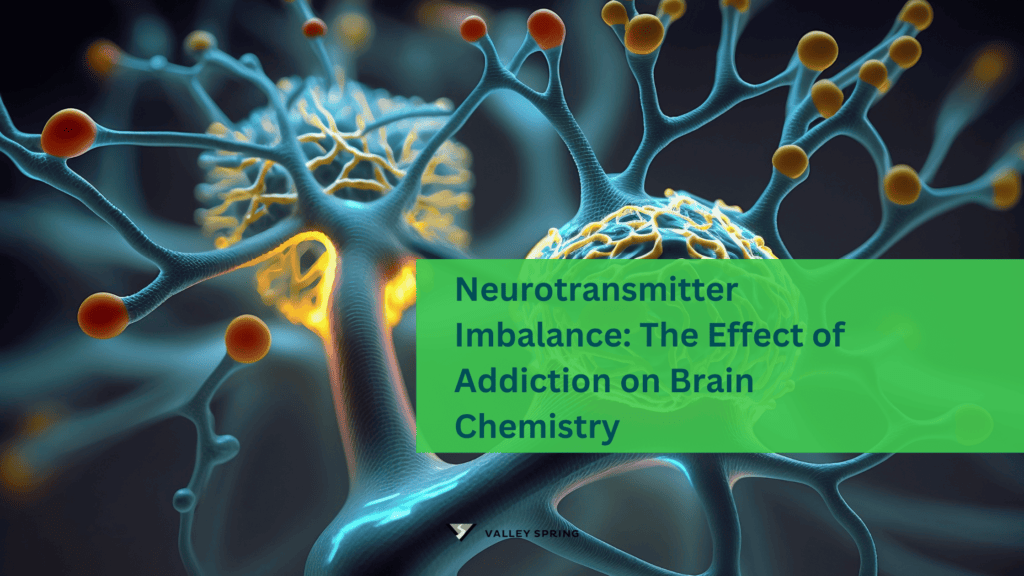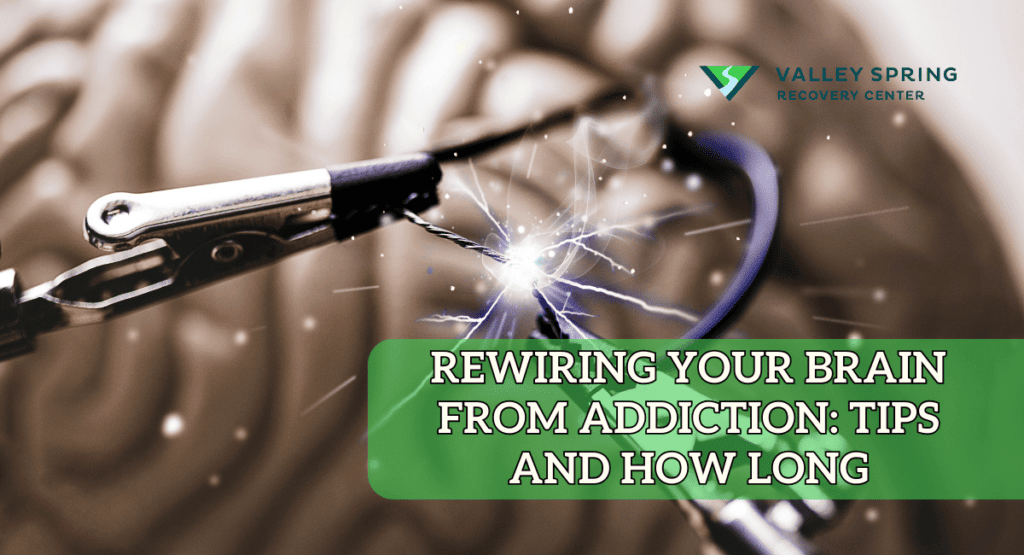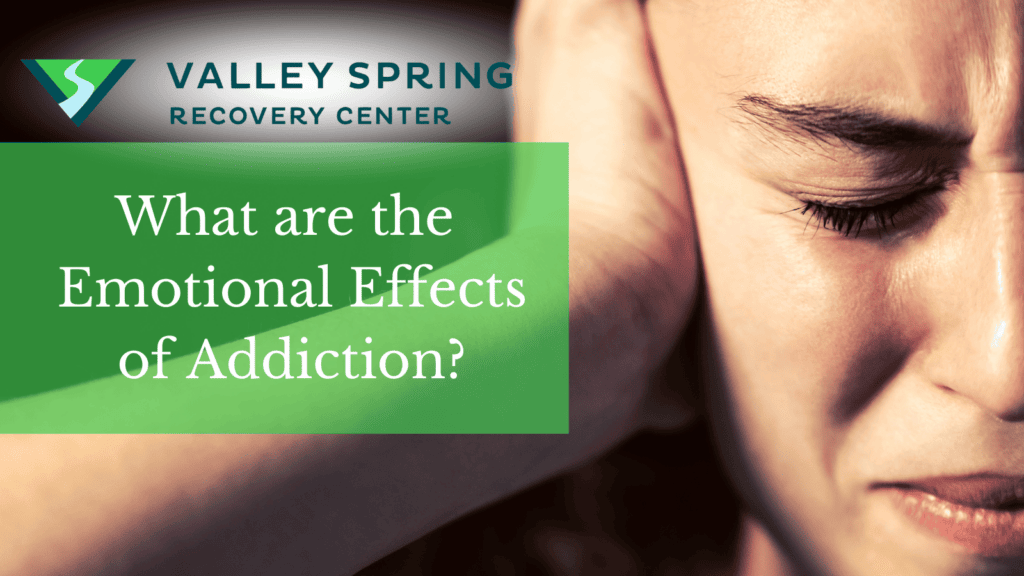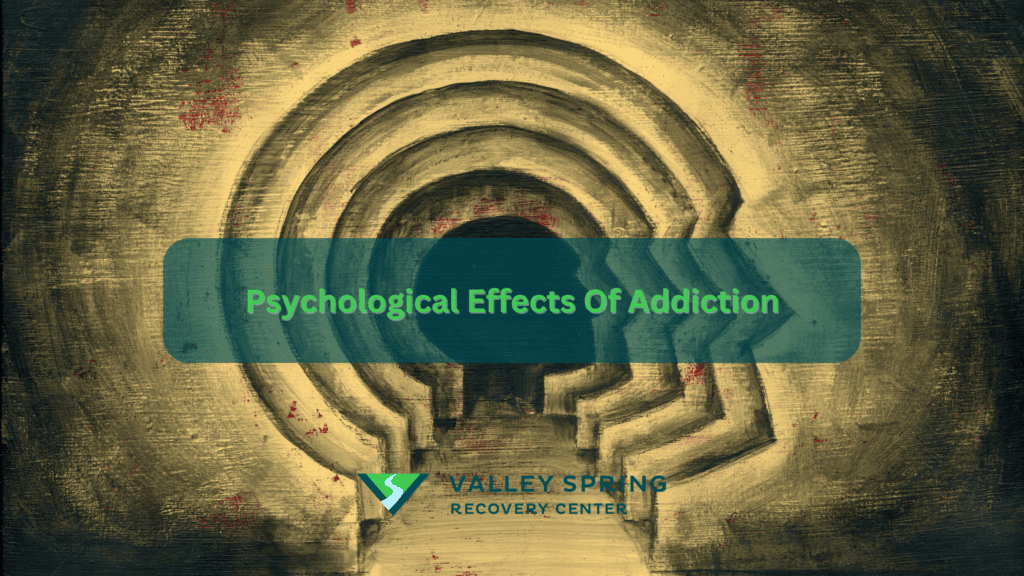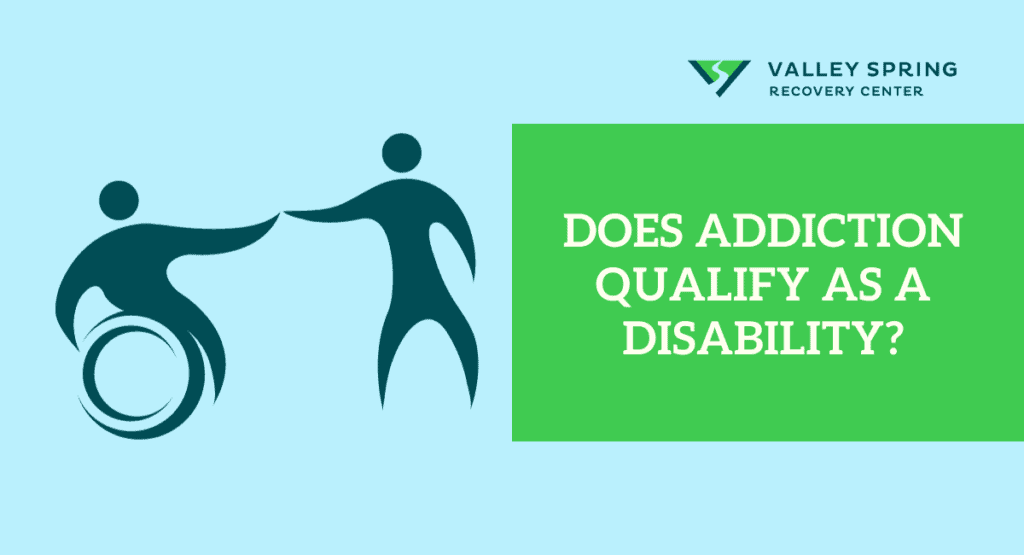Addiction doesn’t discriminate, affecting individuals across socio-economic backgrounds, age groups, and cultures. The nature of addiction can vary significantly depending on the type of drug involved, which can be both legal and illegal substances. The landscape of addictive drugs is vast, including opioids, stimulants, and depressants, each carrying its own set of risks, symptoms, and treatment protocols.
Why It Matters: Awareness of the types of drugs that lead to addiction is pivotal in both prevention and treatment. The stakes are high, as addiction impacts not only the individual but also families and communities. Understanding the differences between legal and illegal addictive drugs can shed light on the complexities of substance abuse, helping both healthcare professionals and the general public approach addiction from a more informed perspective.
Thinking About Drug Types: When considering addictive substances, it’s essential to think beyond legality. Prescription medications, for example, can be just as addictive as illicit drugs when misused. Recognizing this diversity in addictive substances is key to understanding the full scope of addiction, and guiding more effective prevention and treatment strategies.
What Are The Different Types of Drugs People Become Addicted To?
Drug addiction manifests in various forms, each with its unique set of characteristics, risk factors, and neurological impacts. Below is a comprehensive breakdown of the different types of drug addiction:
Opioid Addiction
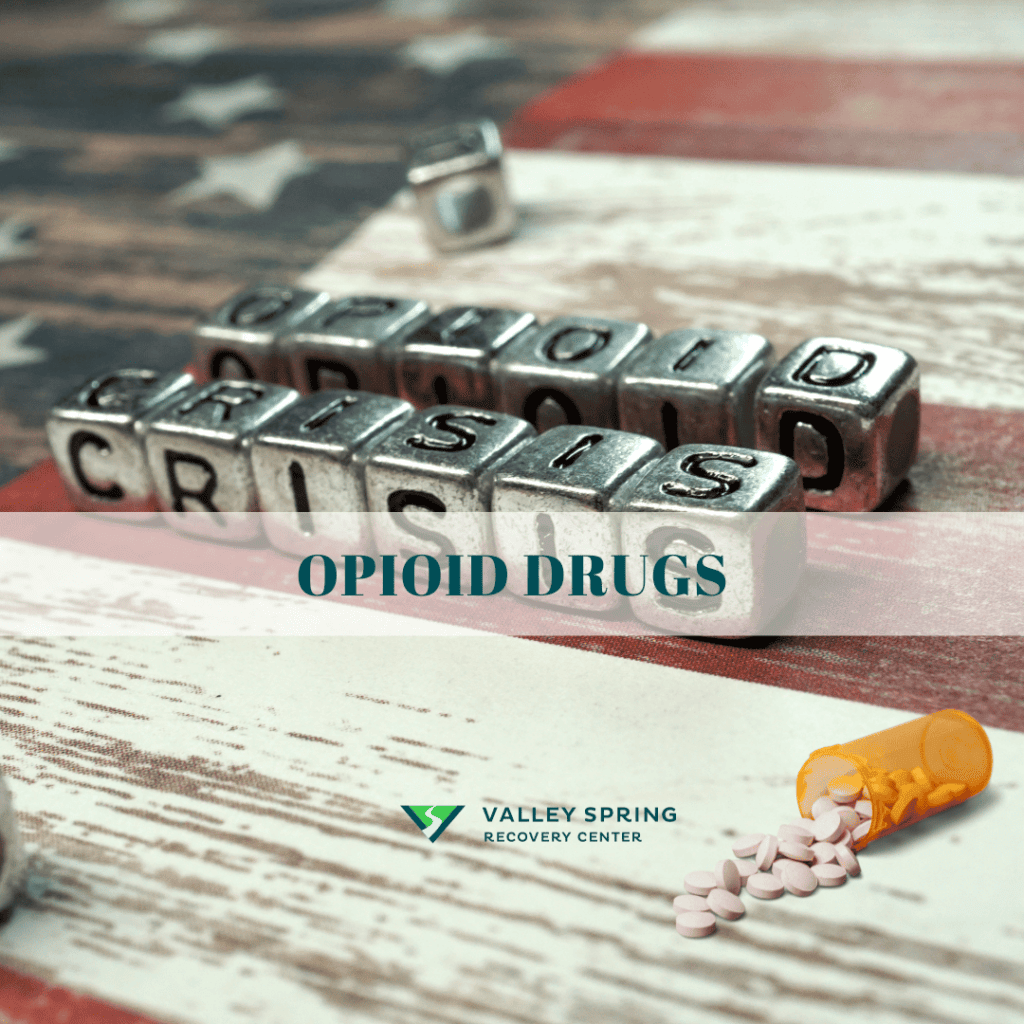
Opioid addiction is among the most prevalent and dangerous types of substance dependence. Originating from the opium poppy plant, opioids encompass a wide range of substances, including heroin, morphine, and prescription medications like OxyContin and Vicodin. The danger often lurks in the transition from a legitimate medical prescription to recreational use, leading to dependency and abuse. With over 49,000 opioid-related overdose deaths in the U.S. in 2019, understanding opioid addiction’s complexities is crucial for both prevention and treatment.
Types of Opioids:
Stimulant Drugs
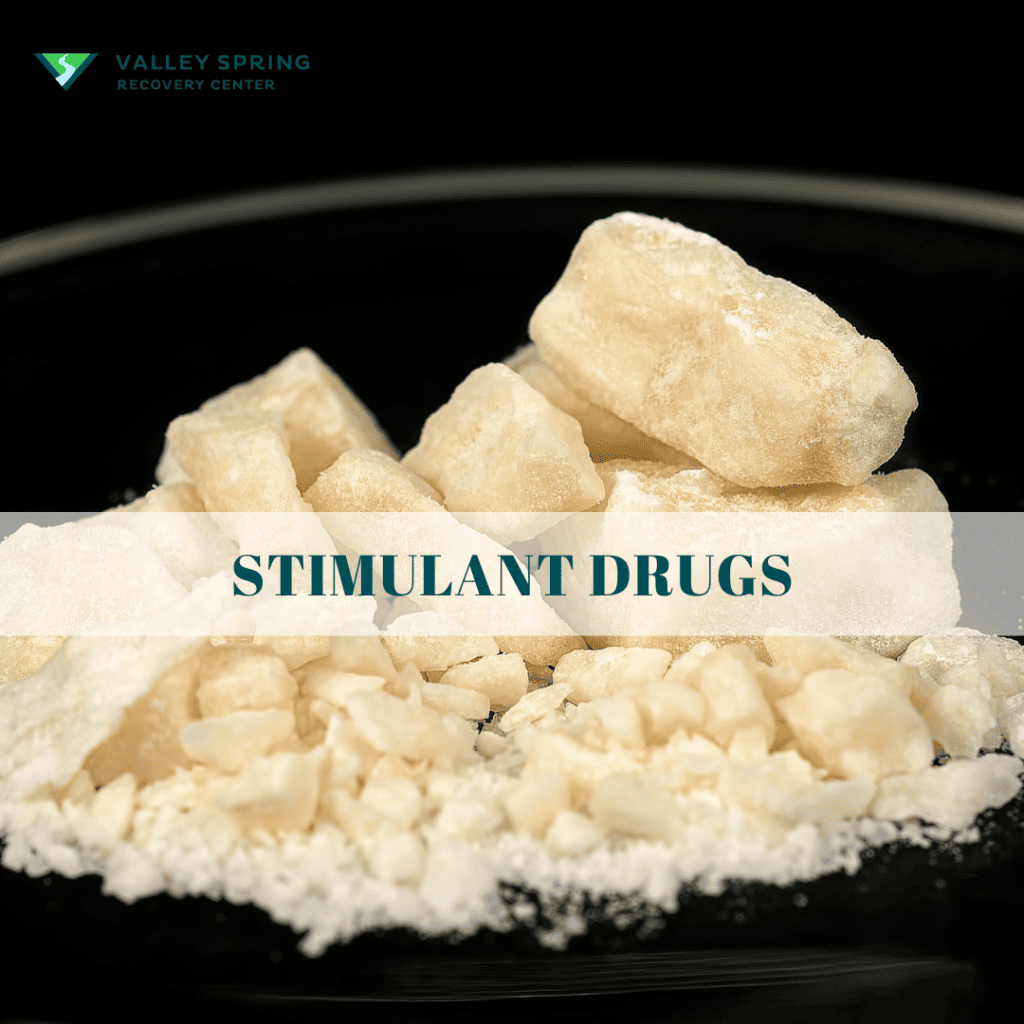
Stimulant addiction involves substances that elevate mood and boost energy, including cocaine, crack, amphetamines, and methamphetamine. These drugs provide a sense of euphoria and enhanced physical and cognitive function in the short term. However, their abuse can lead to severe physical and psychological dependence, long-term cardiovascular issues, and cognitive impairments. The long-term ramifications can include unemployment, incarceration, and disrupted personal relationships.
Types of Stimulants:
- Cocaine
- Crack cocaine
- Amphetamines (Adderall)
- Methamphetamine
Depressant Drug Types
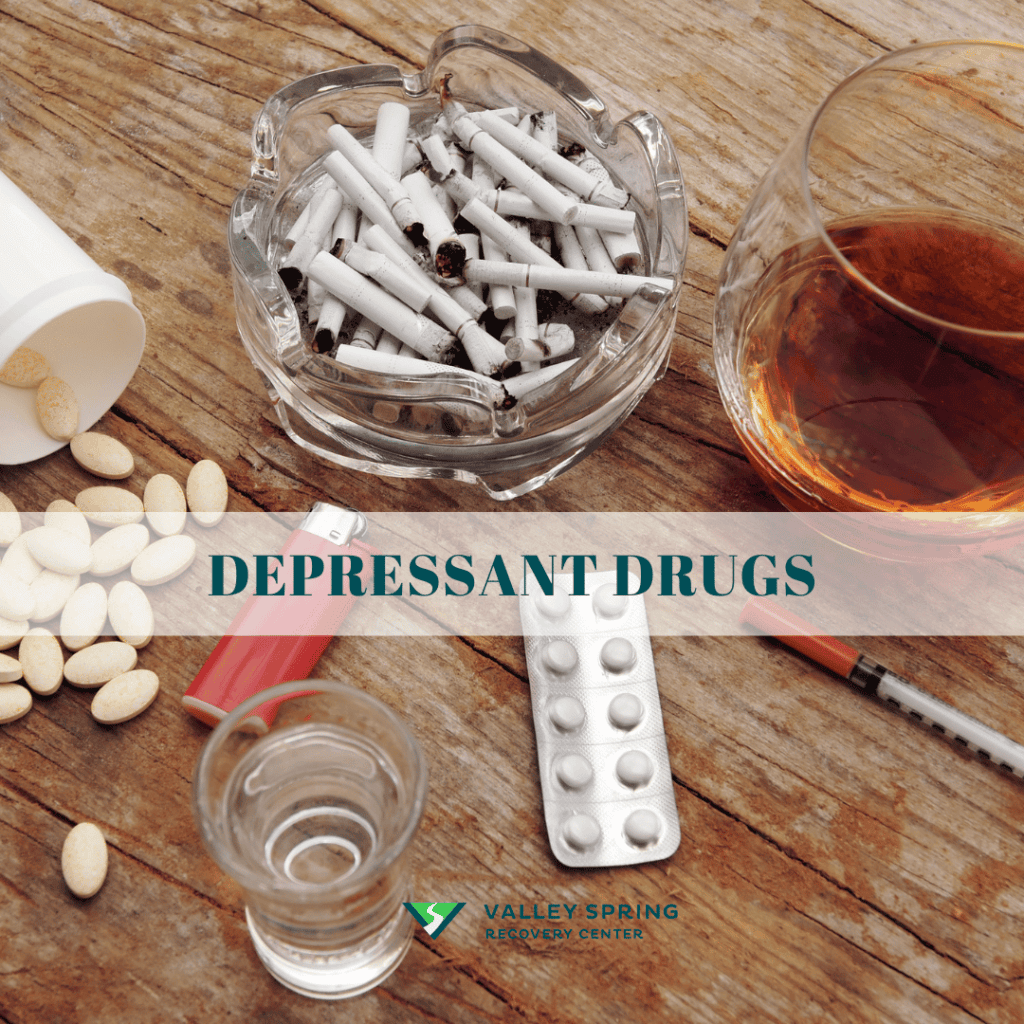
Depressants are substances that slow down brain activity and are often prescribed for conditions like anxiety and insomnia. They include alcohol, benzodiazepines like Xanax and Valium, and sleep medications like Ambien. Despite their medical applications, misuse can lead to dependency and a range of health complications, including liver disease, respiratory distress, and cognitive decline.
Types of Depressants:
- Alcohol
- Benzodiazepines (Xanax, Valium)
- Sleep medications (Ambien, Lunesta)
Hallucinogen Addiction
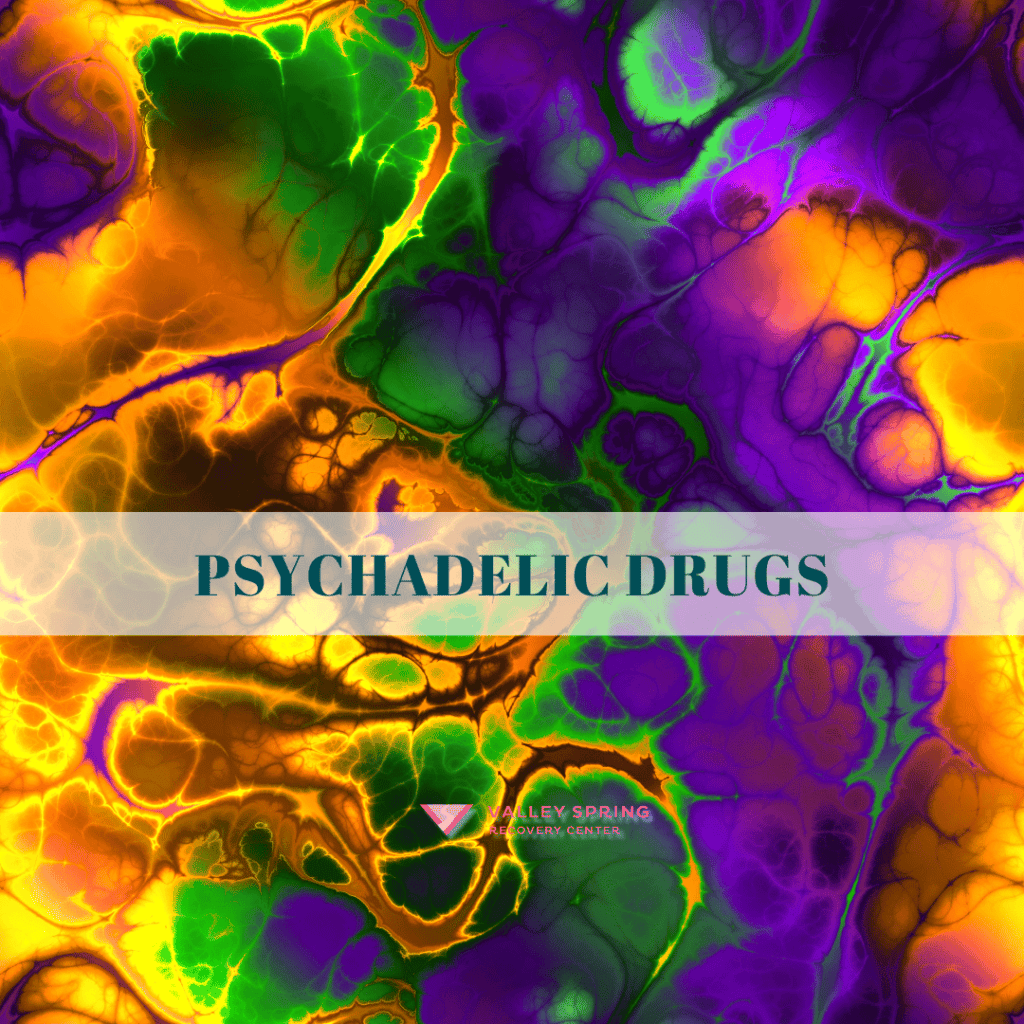
While hallucinogens otherwise known as psychadelics like LSD, PCP, and magic mushrooms (psilocybin) are generally considered less physically addictive, they can still lead to psychological dependence. These substances alter perception, thoughts, and emotions, leading to unpredictable behavior that can sometimes result in harm to oneself or others.
Types of Hallucinogens:
Cannabis Addiction
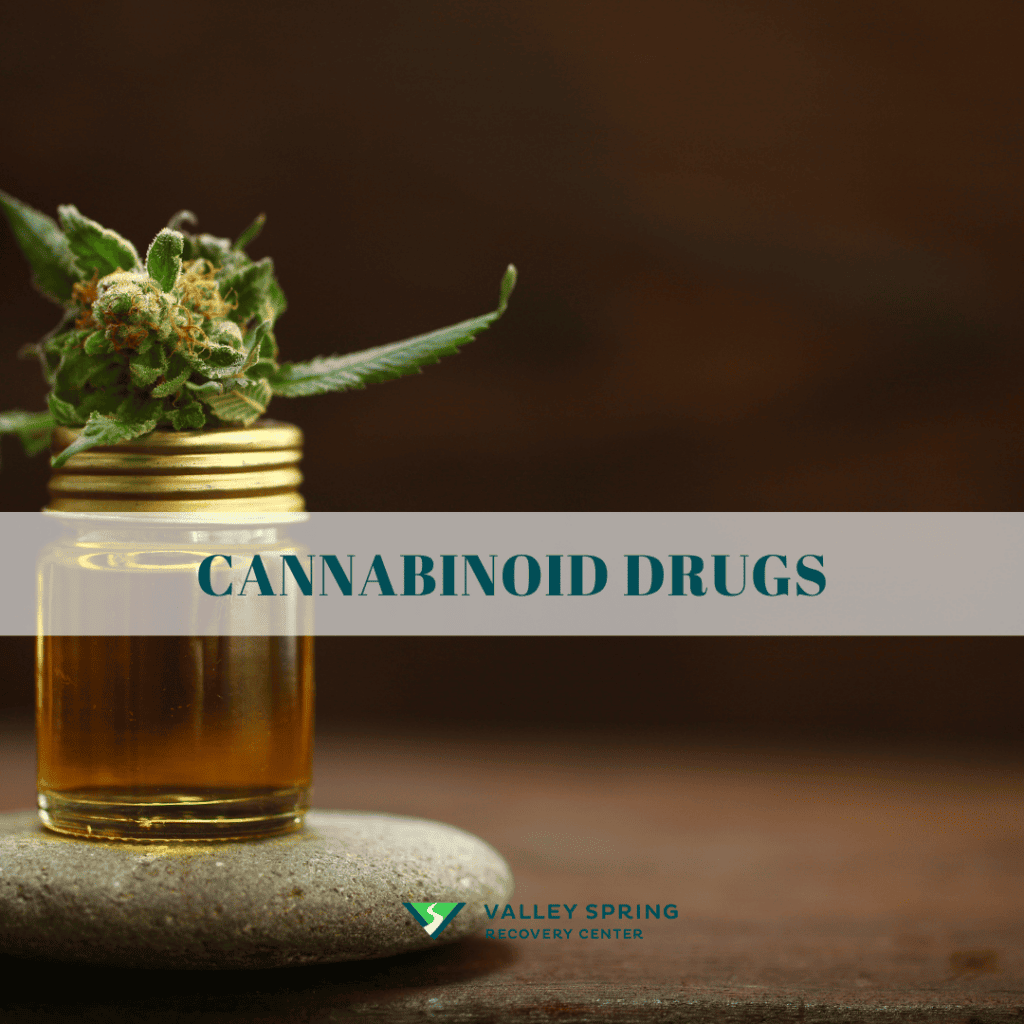
Often perceived as less harmful, cannabis addiction is nevertheless a growing concern, especially as marijuana becomes legalized in various regions. Long-term use can lead to dependency, cognitive impairment, and has been associated with mental health disorders such as anxiety and depression.
Types of Cannabis:
- Marijuana
- Synthetic Marijuana
- Hashish
- Cannabis Oil
Prescription Drug Addiction
Prescription drug addiction is increasingly prevalent, encompassing various medications like opioid painkillers, stimulants used for ADHD, and benzodiazepines. While these drugs are prescribed for legitimate medical conditions, their potential for abuse and dependency is significant, leading to a host of health and social problems.
Types of Prescription Drugs:
- Opioid painkillers (OxyContin, Vicodin)
- Stimulants (Adderall, Ritalin)
- Benzodiazepines (Xanax, Valium)
Polysubstance Addiction
Comprehensive Overview:
Polysubstance addiction involves the concurrent abuse of multiple substances, making it a complex and high-risk form of dependency. Common combinations include alcohol and cocaine or opioids and benzodiazepines, which can lead to severe health risks, including overdose.
Common Combinations:
- Alcohol and Cocaine
- Opioids and Benzodiazepines
- Methamphetamine and Heroin
Behavioral Addiction
Comprehensive Overview:
While not involving substances, behavioral addictions like gambling, sex, other strange addictions, and internet use share many traits with drug addictions. They activate the brain’s reward system and can lead to destructive behavior patterns that interfere with daily life and overall well-being.
Types of Behavioral Addictions:
- Gambling
- Sex addiction
- Internet addiction
What Are Addictive Legal Substances?
Alcohol
Alcohol remains one of the most socially accepted yet devastatingly addictive substances. The accessibility and social encouragement of alcohol consumption often mask its inherent risks, such as liver damage, impaired judgment, and the potential for addiction.
Nicotine/Tobacco
Another socially accepted but highly addictive substance is nicotine, found in tobacco products like cigarettes. Long-term use can lead to respiratory issues, heart disease, and cancer, along with a high level of dependency.
What Are Prescription Drugs That Are Addictive?
Opioids
Prescribed for pain relief, opioids like Oxycodone and Hydrocodone have received significant attention for their role in the opioid crisis. They provide effective pain relief but come with an alarmingly high potential for abuse and overdose.
Benzodiazepines
Commonly used to treat anxiety and insomnia, benzodiazepines such as Xanax and Valium are another class of prescription drugs with high abuse potential. Long-term use can lead to both physical and psychological dependency.
Stimulants
Stimulant medications like Adderall and Ritalin are often prescribed for ADHD but are increasingly abused for their energizing effects. Long-term abuse can lead to severe psychological and physical issues.
What Are Addictive Illegal Drugs?
Cocaine
A potent stimulant, cocaine is one of the most addictive and dangerous illegal drugs. It has severe impacts on the heart, blood vessels, and nervous system.
Heroin
An illegal opioid, heroin offers a high that often leads to fast addiction and devastating effects on the body, including the potential for fatal overdose.
Methamphetamine
Also known as meth, this powerful stimulant can lead to severe mental and physical health problems, including dental issues commonly referred to as “meth mouth.”
Marijuana
While legal in some parts of the world, marijuana does have the potential for psychological dependency, particularly when used regularly over long periods.
Related Article: Drug Addiction Statistics
Frequently Asked Questions
How Do I Know if I'm Addicted?
Signs of addiction can vary but generally include a strong craving for the drug, withdrawal symptoms without it, increasing dosages, and neglecting responsibilities or activities you once enjoyed. If you’re experiencing these symptoms, seek medical advice for a proper diagnosis and treatment plan.
What Makes a Drug Addictive?
The addictive potential of a drug is often determined by how it interacts with the brain’s reward system. Substances like opioids, stimulants, and sedatives can produce intense feelings of pleasure, triggering the brain to seek repeated use. Over time, this can result in physical dependence and psychological addiction.
Are Prescription Medications Less Addictive Than Illicit Drugs?
Contrary to popular belief, prescription medications like opioids, benzodiazepines, and certain stimulants have a high potential for abuse and addiction. Always follow the medical guidelines and consult with healthcare providers for long-term medication use.
Is Alcohol Less Addictive Compared to Other Drugs?
Alcohol is a drug like any other and its addictive potential should not be underestimated. While it may be socially acceptable, excessive and prolonged use can lead to severe physical and psychological dependence, akin to other addictive substances like cocaine or heroin.
What Are the Withdrawal Symptoms for Commonly Addictive Drugs?
Withdrawal symptoms can range from mild to severe and vary depending on the drug in question. For example, opioid withdrawal can result in flu-like symptoms, while benzodiazepine withdrawal can lead to seizures. Medical supervision is often recommended for safe detoxification.
Are some drugs becoming decriminalized?
Yes, there is a growing movement toward the decriminalization of certain drugs, particularly psychedelics and cannabis, in various parts of the United States and other countries. Decriminalization often means reducing or eliminating criminal penalties for possession of small amounts, shifting the focus from criminal punishment to harm reduction and public health. This trend is driven by a reevaluation of the “War on Drugs” and emerging research on the therapeutic potential of these substances.
Conclusion
Understanding the most commonly addictive drugs and their potential impacts is key to prevention and treatment. While legal substances like alcohol and nicotine are often overlooked, they can be just as devastating as illegal drugs like cocaine and heroin. Prescription medications also present a complex issue, as they are necessary for some but also carry the potential for abuse. By staying informed, we can better navigate the complex landscape of substance abuse and addiction.
Ben Fisher
All author postsShare This Post

